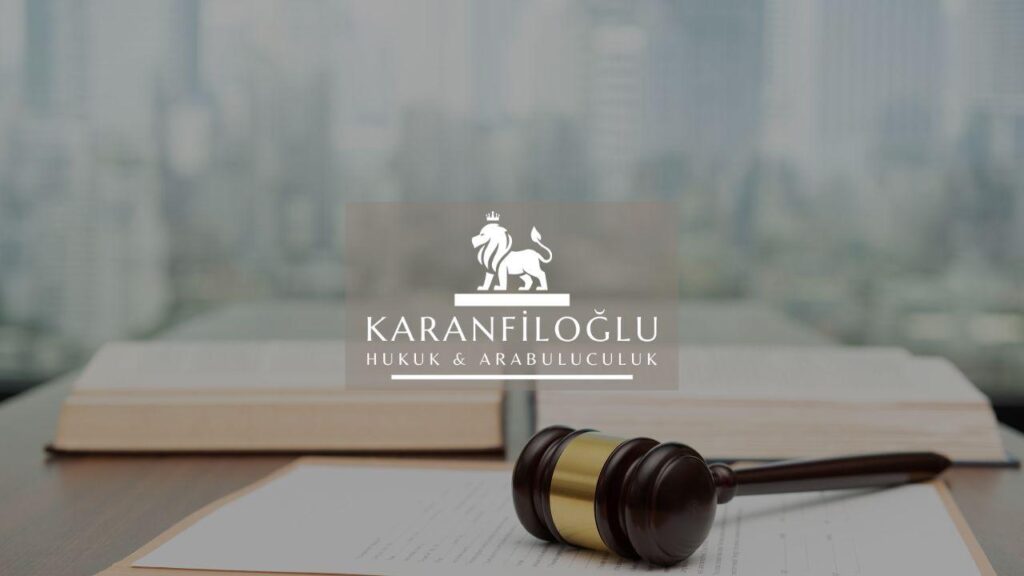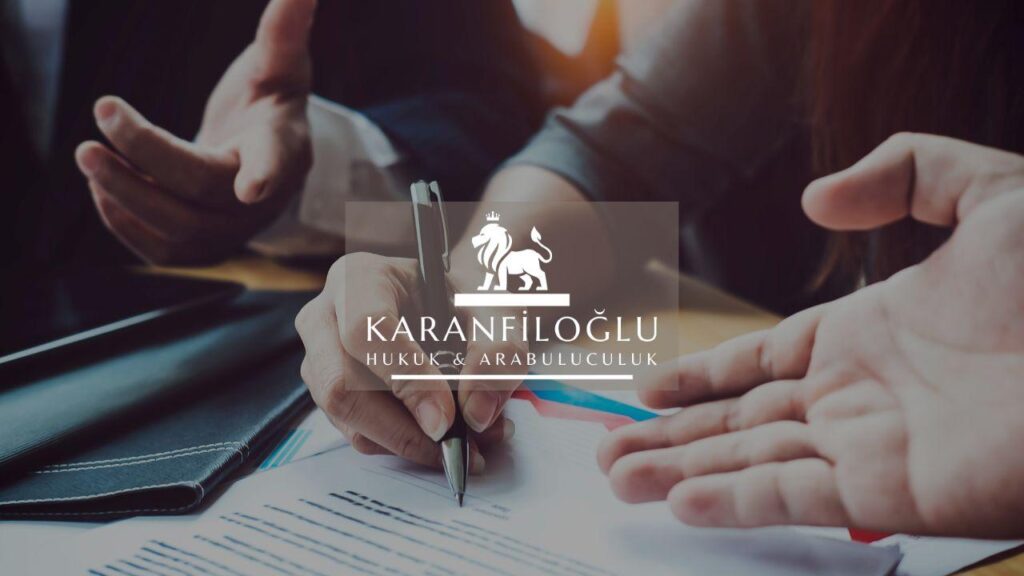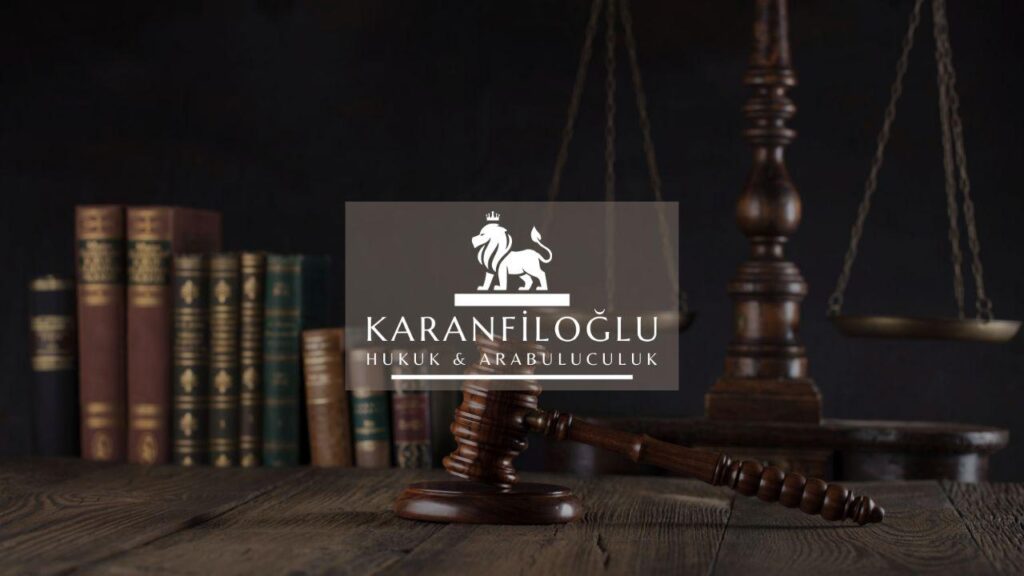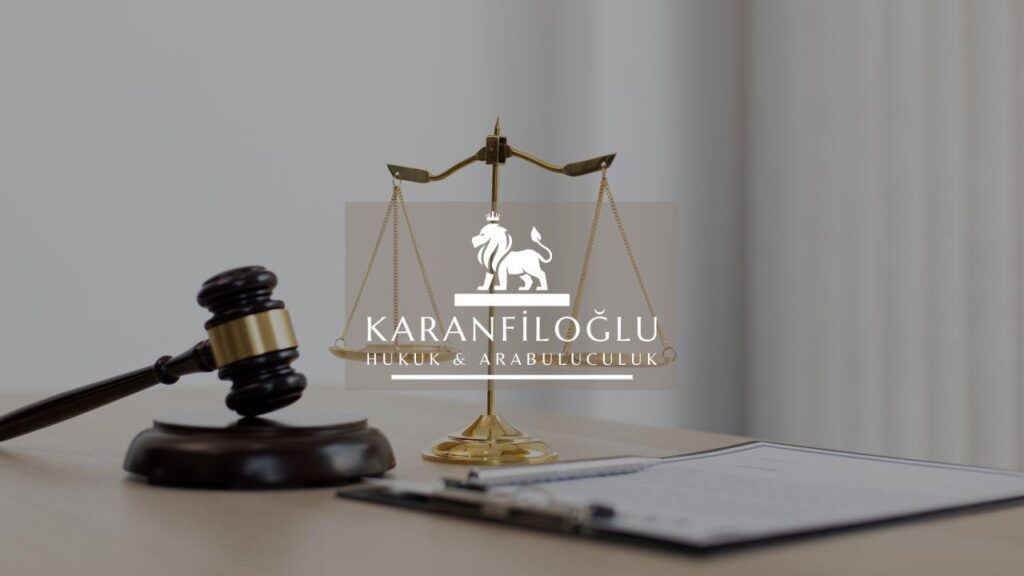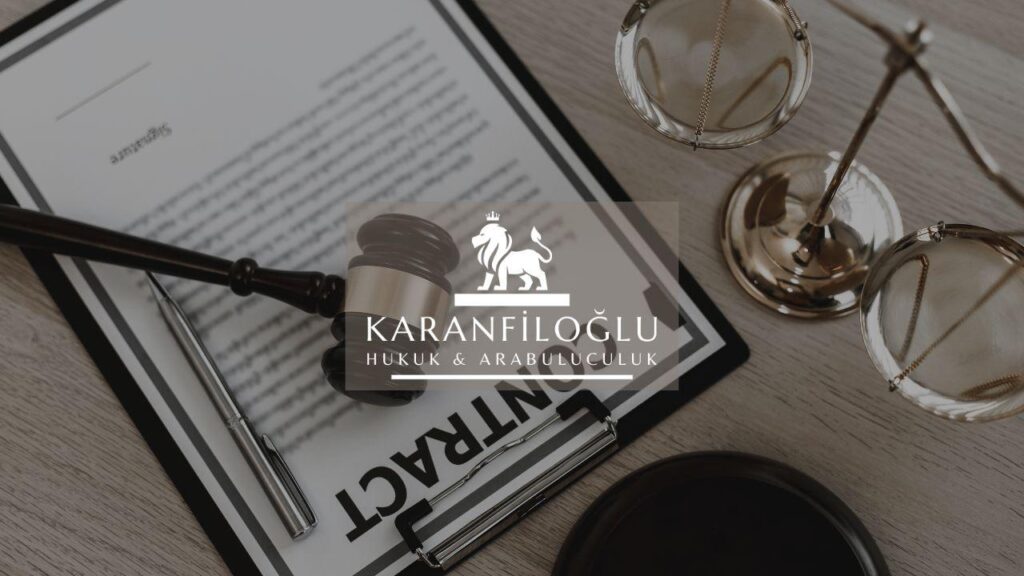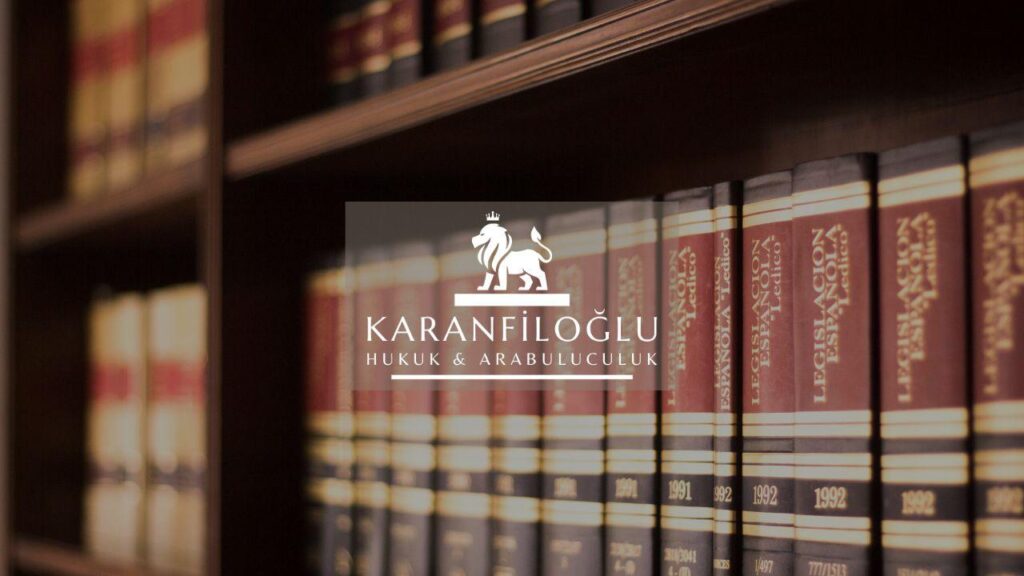Navigating the complexities of criminal law in Turkey requires a nuanced understanding of the country’s legal framework, which embodies a blend of civil law principles derived from a variety of continental legal systems. At Karanfiloglu Law Office, we are dedicated to providing comprehensive legal support to individuals and businesses confronted with criminal allegations. From the initial phase of investigation to courtroom representation, our seasoned attorneys are well-versed in the intricacies of Turkish criminal law, ensuring that every client receives diligent and strategic counsel. In this blog post, we aim to demystify the fundamentals of criminal law in Turkey, offering insights into the procedural landscape, key legal provisions, and essential aspects that one must be aware of when dealing with criminal matters in our jurisdiction. Our goal is not only to inform but also to empower you with the knowledge necessary to navigate this critical area of law effectively.
Key Features of Turkish Criminal Law System
The Turkish criminal law system is grounded in the principles of both substantive and procedural law, shaped predominantly by the Turkish Penal Code and the Criminal Procedure Code. One of the key features is its adherence to the principle of legality, ensuring that no one can be punished for an act that is not explicitly defined as a crime by law. This ensures a high level of predictability and fairness in the judicial process. Additionally, the system embraces the presumption of innocence, where the burden of proof squarely lies on the prosecution. Defendants are afforded various rights, including the right to a fair trial, the right to legal representation, and the right to remain silent, all aimed at safeguarding their fundamental freedoms. At Karanfiloglu Law Office, we emphasize these principles in our defense strategies, ensuring our clients’ rights are rigorously protected throughout the criminal justice process.
Another fundamental aspect of the Turkish criminal law system is its comprehensive approach to evidence and investigation. The collection, preservation, and presentation of evidence are governed by stringent legal regulations, aiming to ensure the integrity and reliability of the judicial process. Investigative authorities, including the police and public prosecutors, operate under strict guidelines to prevent unlawful searches, seizures, and detentions, thereby protecting individuals’ constitutional rights. Moreover, the law provides mechanisms for challenging the admissibility of evidence obtained through illegal means, reinforcing the system’s commitment to justice and fairness. At Karanfiloglu Law Office, our attorneys are adept at scrutinizing all evidentiary aspects and procedural adherence, ensuring that any breach of protocol can be effectively contested to safeguard our clients’ interests.
A distinguishing feature of Turkish criminal law is its approach to sentencing and penal measures, which aims to balance retribution with rehabilitation. The Turkish Penal Code outlines a range of penalties, including imprisonment, fines, and alternative sanctions such as probation and community service. The judiciary is equipped with discretion to consider mitigating and aggravating circumstances, allowing for tailored sentences that reflect the specific context of each case. Rehabilitation programs, particularly for juvenile offenders, are emphasized to encourage reintegration into society. At Karanfiloglu Law Office, we leverage our in-depth knowledge of these sentencing principles to advocate for proportional and just outcomes. By presenting compelling evidence and arguments, we strive to achieve the most favorable sentencing for our clients, emphasizing the necessity of humane and constructive penal measures.
Rights of Suspects and Defendants in Turkey
In Turkey, suspects and defendants are afforded several fundamental rights designed to ensure a fair and just legal process, as enshrined in the Turkish Constitution and the Criminal Procedure Code (CMK). Key among these rights is the presumption of innocence until proven guilty, which guarantees that every individual is treated as innocent regardless of the charges until a court decision is made. Furthermore, suspects have the right to be informed of the nature and grounds of the accusations against them promptly and in detail, as well as the right to legal counsel from the moment they are detained or charged. The right to remain silent and the right to a fair and speedy trial are also critical protections, ensuring that justice is administered without undue delay and that an individual’s defense strategies are fully respected throughout the judicial proceedings.
Additionally, Turkish law mandates that suspects and defendants must be provided with interpretation services if they do not speak or understand Turkish, ensuring that language barriers do not hinder their ability to participate in their defense effectively. Detainees also have the right to communicate with their legal counsel privately and without undue restriction, vital for the preparation of an adequate defense strategy. Furthermore, suspects have the right to be brought promptly before a judge, typically within 24 hours, to assess the legitimacy of their detention, prevent unlawful detention, and safeguard personal freedoms. During the trial, the right to examine evidence and cross-examine witnesses is safeguarded, allowing defendants to challenge the prosecution’s case rigorously. These procedural safeguards are integral to maintaining the integrity of the criminal justice system and protecting individual freedoms against arbitrary or unjust legal actions.
Moreover, the Turkish legal framework provides specific measures to protect vulnerable groups, including minors and individuals with disabilities, ensuring their rights are tailored to their needs. Juvenile suspects, for instance, are entitled to additional safeguards such as being tried in specialized juvenile courts and having a legal representative or guardian present during proceedings. For defendants with physical or mental disabilities, the law ensures that appropriate accommodations are provided, which may include the assistance of a legal guardian or special support services, to guarantee a fair trial. At Karanfiloglu Law Office, we recognize the critical importance of these rights and are committed to advocating for the fair treatment of all individuals within the criminal justice system, regardless of their circumstances. Understanding and effectively invoking these rights is essential for safeguarding one’s legal interests, and our experienced attorneys stand ready to provide the necessary expertise and dedicated representation at every stage of the criminal process.
Recent Amendments and Their Implications in Turkish Criminal Law
Recent amendments to Turkish criminal law have significantly shaped the legal landscape, with crucial implications for both defendants and legal practitioners. One of the most notable reforms includes stricter regulations on cybercrimes, reflecting the increasing importance of digital security in the modern age. Additionally, there have been substantial changes aimed at enhancing the rights of victims, such as improved protective measures and more rigorous penalties for violent crimes. These amendments not only augment the responsibilities and challenges faced by defense attorneys but also highlight the necessity for a thorough understanding of evolving legal standards. At Karanfiloglu Law Office, we remain at the forefront of these developments, ensuring our clients are well-advised and strategically positioned in response to these dynamic changes in Turkish criminal law.
Another critical area addressed by recent amendments relates to the laws governing detention and trial processes. These reforms aim to ensure fairer treatment of suspects and defendants, aligning Turkish criminal procedure more closely with international human rights standards. Key changes include stricter time limits on pre-trial detention, enhanced rights to legal counsel, and more transparent evidentiary procedures. These provisions are designed to prevent prolonged detention without trial and to safeguard against violations of due process rights. For our clients at Karanfiloglu Law Office, these changes underscore the importance of vigilant legal representation from the earliest stages of criminal proceedings. Ensuring compliance with these new standards not only bolsters the defense but also reinforces the justice system’s integrity in Turkey.
In addition to these significant procedural reforms, recent amendments have also introduced new regulations aimed at combating organized crime and corruption more effectively. These legislative changes encompass enhanced surveillance capabilities, stricter financial scrutiny, and expanded powers for law enforcement agencies to tackle complex criminal networks. Enhanced asset recovery procedures and tougher sanctions for corruption-related offenses are now key components, reflecting Turkey’s commitment to combating financial crime and upholding the rule of law. At Karanfiloglu Law Office, we understand the profound impact these amendments can have on individuals and businesses alike. Our team is adept at navigating the complexities introduced by these new regulations, providing expert guidance to ensure compliance and robust defense strategies. These developments underscore the necessity for specialized legal expertise to address the heightened legal expectations and the intricate nature of modern criminal cases in Turkey.
Disclaimer: This article is for general informational purposes only and you are strongly advised to consult a legal professional to evaluate your personal situation. No liability is accepted that may arise from the use of the information in this article.

